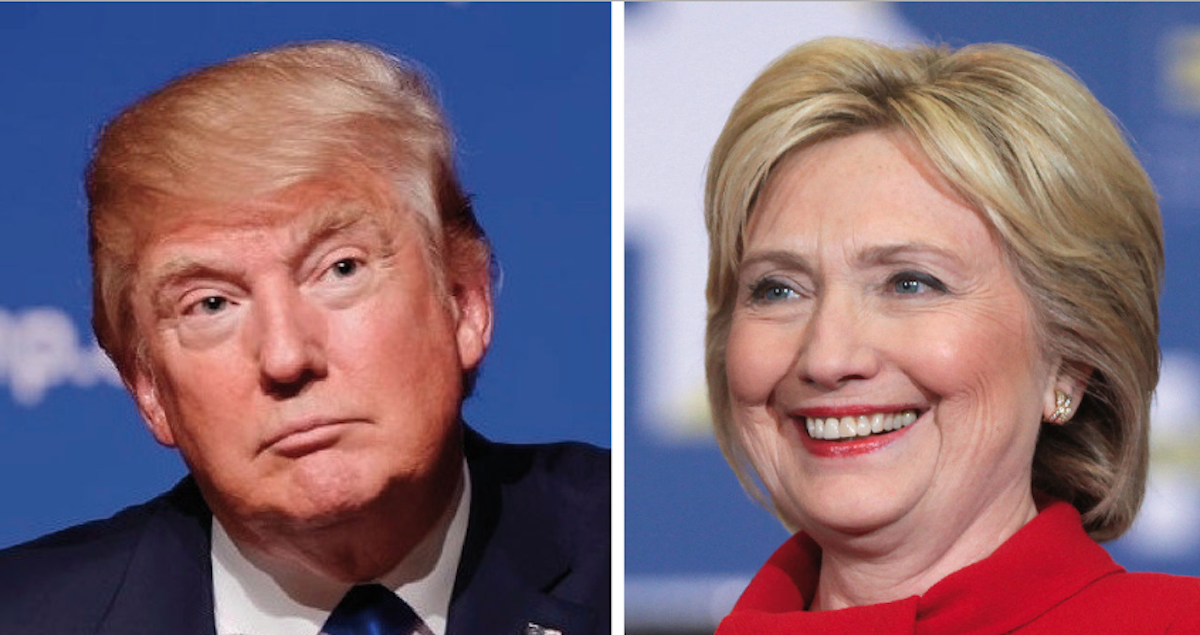
It has been six years since the Affordable Care Act was signed into law, promising less expensive premiums and access to healthcare for all. But as the country’s major insurance providers face mounting losses and vow to pull out of state exchanges, the unintended consequences fly in the face of Obama’s assurances.
At issue are the 20 million people who have signed up for ObamaCare — many of whom are considered high risk, requiring insurers to provide expensive care.
Aetna is the last of the big insurers — many of which initially supported the law — to threaten dropping participation or requiring steep increases in premiums. Humana, UnitedHealth Group, Blue Cross and Anthem have all shifted their tone on the law as they bleed huge financial losses.
Aetna CEO Mark Bertolini blamed “structural challenges” associated with the health care overhaul and said the insurance company intends to withdraw all its “2017 public exchange expansion plans” and undergo “a complete evaluation of future participation in our current 15-state footprint,”reports Fox News.
The Obama administration has struggled to bring young, healthy people into the marketplaces, which is needed to offset the medical costs of older and sicker customers. Because of the law’s 3-1 ratio (older people can’t be charged more than three times the cost of a young person’s health care) the young are forced to subsidize the old in the health insurance market. Elderly individuals pay artificially lower prices for their insurance, while millennials pay artificially higher prices — up to a 44% increase in premiums over previous options in the market. As a result, many young people starting out in the work force cannot afford Obamacare, opting out and paying the cheaper mandated tax.
The next enrollment period begins about one week before Election Day, and it will end about one week before inauguration on Jan. 20, according to The Hill.
“The next open enrollment period is key,” said Larry Levitt, senior vice president of the Kaiser Family Foundation.
Of the insurers who continue to participate in the states’ healthcare exchanges, the average premium increase they will charge next year is about 9 percent, according to an analysis of 17 cities by the Kaiser Family Foundation. But some hikes are far higher: Blue Cross Blue Shield has proposed increases of 40 percent in Alabama and 60 percent in Texas.
Hillary Clinton has defended ObamaCare on the campaign trail and says if elected, she’ll go after companies who she claims are “gouging American consumers and patients.”
She vows to increase enrollment by hiking ObamaCare subsidies and offering a $5000 tax credit per family. She proposes a “buy in” option to Medicare for Americans 55 to 65. One must currently be 65 or older to automatically qualify for Medicare. Clinton would pay for this Medicare expansion through a higher investment surtax for upper-income individuals.
Donald Trump has repeatedly called for a repeal of the law, claiming it has cost the country millions of jobs.
“One of my first acts as president will be to repeal and replace disastrous Obamacare, saving another two million jobs,” Trump said during his recent speech at the Detroit Economic Club.
His proposal calls on Congress to repeal and replace the current law with a new one based on free-market principles, eliminating the individual mandate. Americans could purchase insurance across state lines, while doctors and hospitals would have to provide transparency in pricing, creating a more competitive market. Individuals could fully deduct health insurance premium payments from their tax returns — as businesses currently do — and use tax-free Health Savings Accounts (HSAs). Trump also proposes to “remove barriers to entry into free markets for drug providers that offer safe, reliable and cheaper products.”
One thing is certain: ObamaCare will face a kind of “judgement day” early next year. The manner in which Americans access healthcare — and the associated costs and quality provided — are very much on the ballot this November.